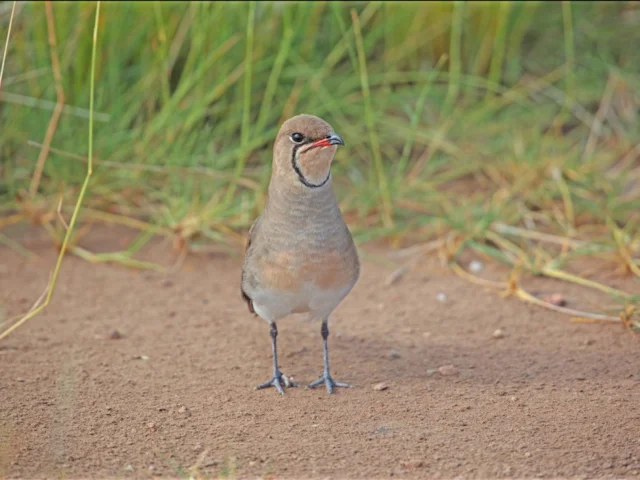Strawberries drain Doñana
c8f42d4a-8710-4a56-a8d2-a5c2cdec22ba

Spain has been given less than a year to resolve Doñana National Park's drainage problems or face having its UNESCO status removed.
The country's government has been told that the iconic national park will lose its UNESCO (United Nations Educational, Scientific and Cultural Organization) status unless it prevents strawberry growers from illegally draining the water table, and polluting the area with pesticides and plastic waste.
The Spanish strawberry industry, which supplies many British and European supermarkets, is the world's biggest exporter of the fruit, and nets approximately £340 million per year. It creates a huge demand for water, resulting in some suppliers digging illegal boreholes which deplete the underground aquifers – the permeable rocks that hold the reserves of natural ground water – upon which the wildlife-rich wetlands depend. The WWF said that it believes that the strawberry growers have drained off up to 50 per cent of the national park's water reserves.
The Spanish government had originally been given a January 2013 deadline to start responsibly regulating water usage, but failed to implement a plan. At a recent World Heritage Committee meeting in Cambodia, the Junta was given until 1 February 2014 to confirm that the issue has been successfully dealt with. If not, the region will be placed on a list of World Heritage Sites at risk.
Doñana, sandwiched between the three provinces of Sevilla and Huelva, which produce 90 per cent of the Spanish strawberry crop, and Cadiz, is one of Spain’s most important reserves. It is famous for holding a remnant population of the Endangered Spanish Lynx, of which only about 300 are left in the world, as well its rich bird, insect and plant life.
Spain blames the delay on the official control of ground water around Doñana moving to Madrid, having previously been overseen by the local Andalusian government.
The country's government has been told that the iconic national park will lose its UNESCO (United Nations Educational, Scientific and Cultural Organization) status unless it prevents strawberry growers from illegally draining the water table, and polluting the area with pesticides and plastic waste.
The Spanish strawberry industry, which supplies many British and European supermarkets, is the world's biggest exporter of the fruit, and nets approximately £340 million per year. It creates a huge demand for water, resulting in some suppliers digging illegal boreholes which deplete the underground aquifers – the permeable rocks that hold the reserves of natural ground water – upon which the wildlife-rich wetlands depend. The WWF said that it believes that the strawberry growers have drained off up to 50 per cent of the national park's water reserves.
The Spanish government had originally been given a January 2013 deadline to start responsibly regulating water usage, but failed to implement a plan. At a recent World Heritage Committee meeting in Cambodia, the Junta was given until 1 February 2014 to confirm that the issue has been successfully dealt with. If not, the region will be placed on a list of World Heritage Sites at risk.
Doñana, sandwiched between the three provinces of Sevilla and Huelva, which produce 90 per cent of the Spanish strawberry crop, and Cadiz, is one of Spain’s most important reserves. It is famous for holding a remnant population of the Endangered Spanish Lynx, of which only about 300 are left in the world, as well its rich bird, insect and plant life.
Spain blames the delay on the official control of ground water around Doñana moving to Madrid, having previously been overseen by the local Andalusian government.

